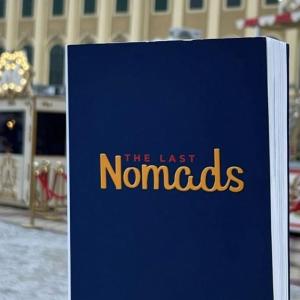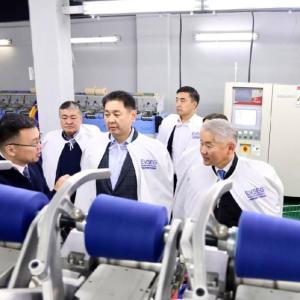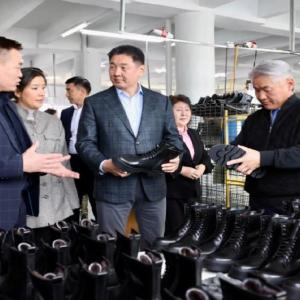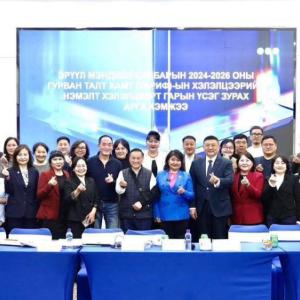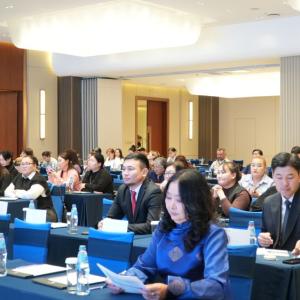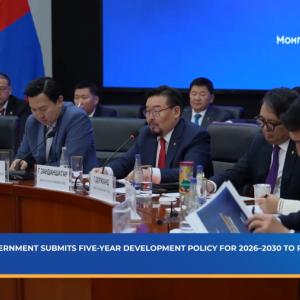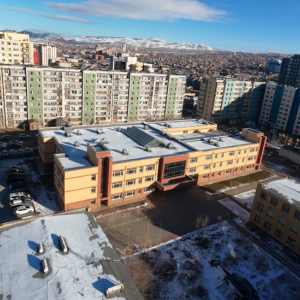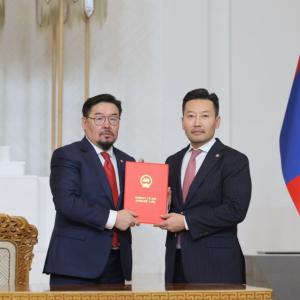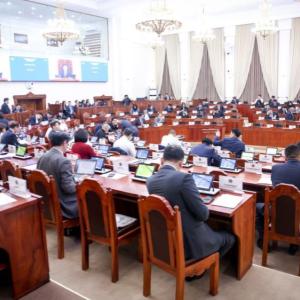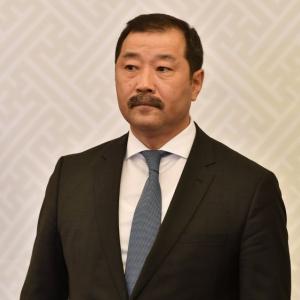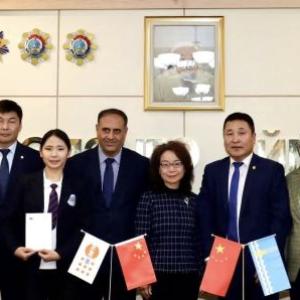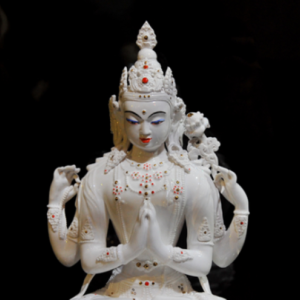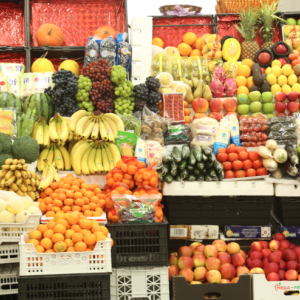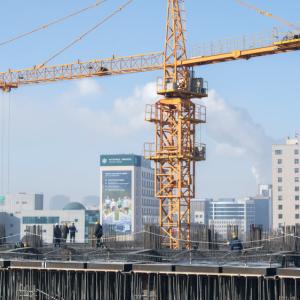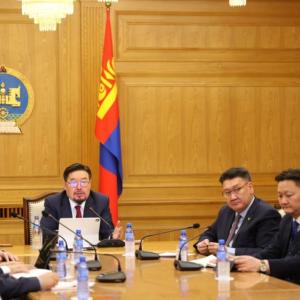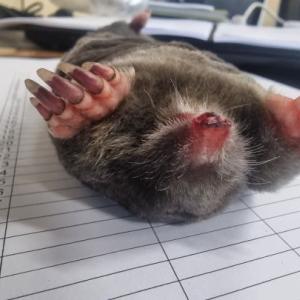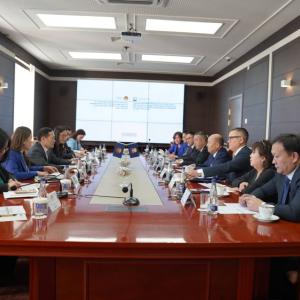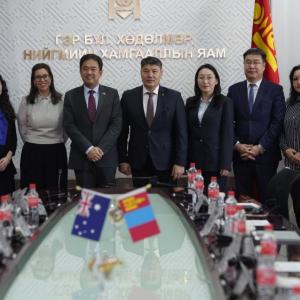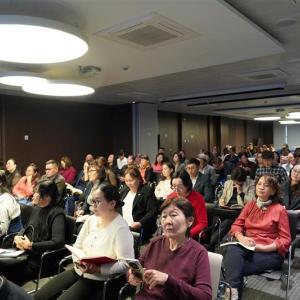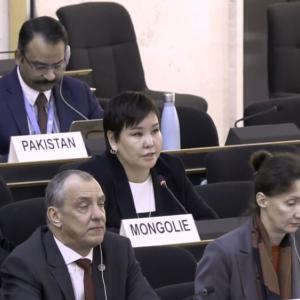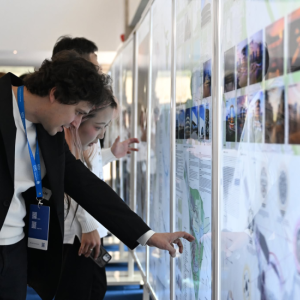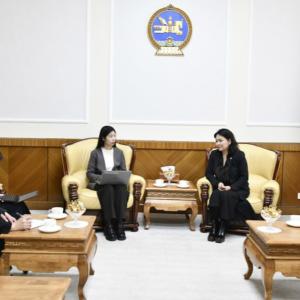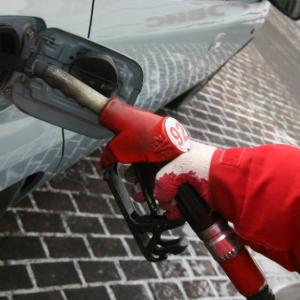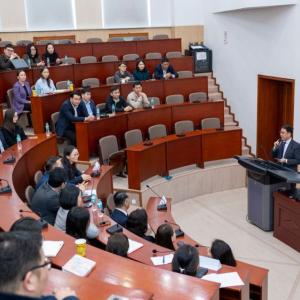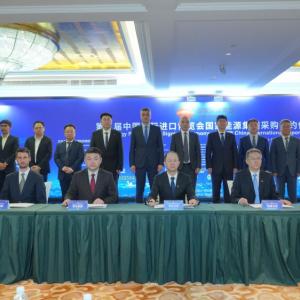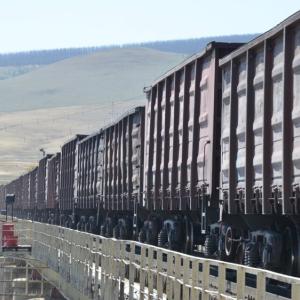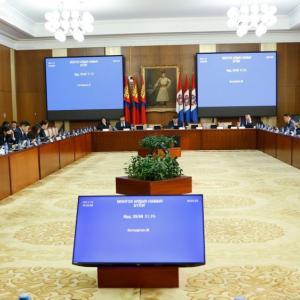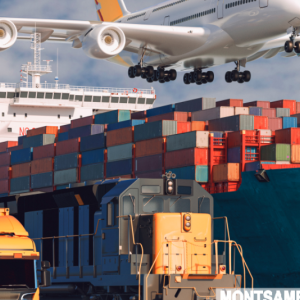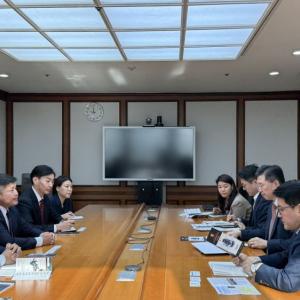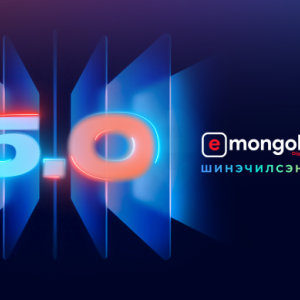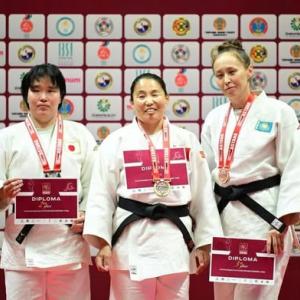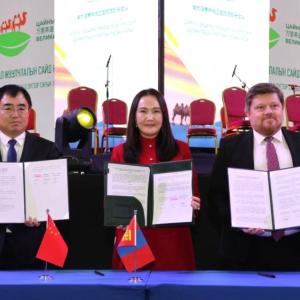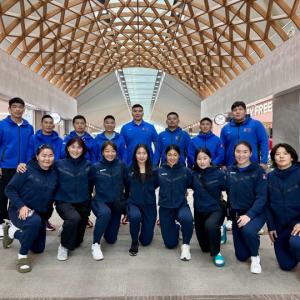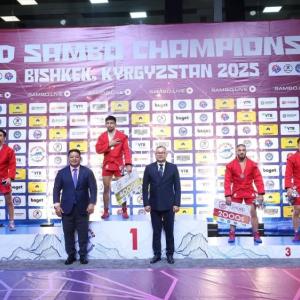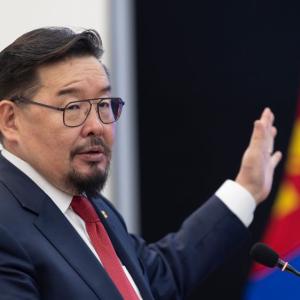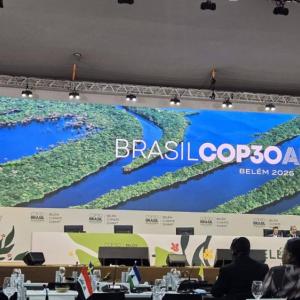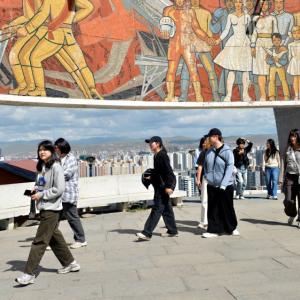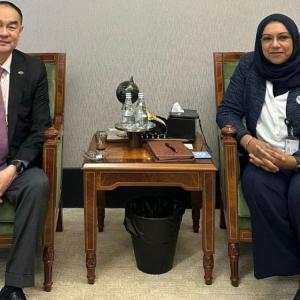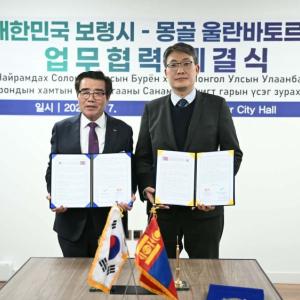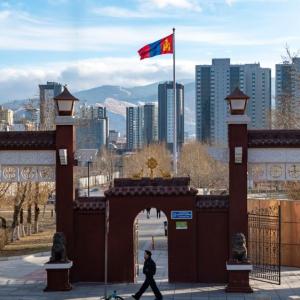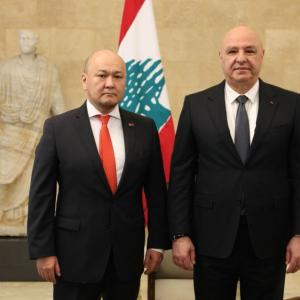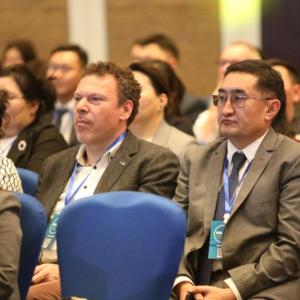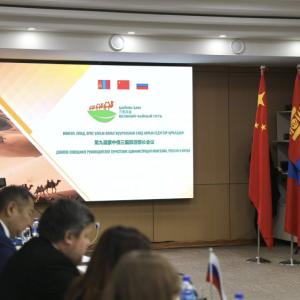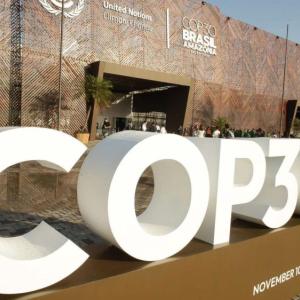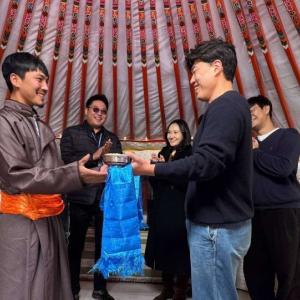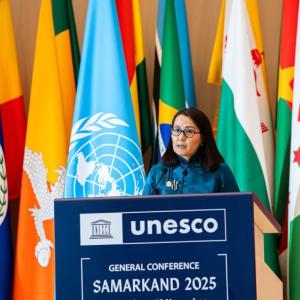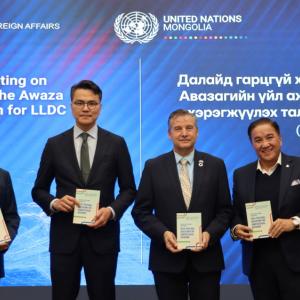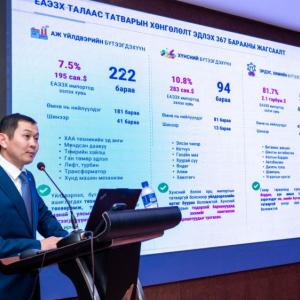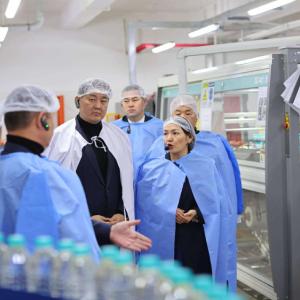Mr. Traian Laurentiu Hristea: Mongolia has possibility to export 6200 types of goods to the EU without taxes
Politics
This year marks 30th
anniversary of the establishment of diplomatic relations between Mongolia and the
European Union. Moreover,
Today- May 9 is Europe Day that recognizes the formation of the
European Union with 28 state members.
On the occasion of the 30th
anniversary of Mongolia-the EU diplomatic relations and the Europe Day, H.E.
Mr. Traian Laurentiu Hristea, Ambassador Extraordinary and Plenipotentiary of
the European Union to Mongolia, has been interviewed.
-Happy to have you
interviewing on the occasion of the Europe Day. Please give us a brief
introduction about this day?
-Today – May 9 - is Europe
Day. The day when the European Union (EU) celebrates its being one, united.
Sixty-nine years ago, in 1950, on this exact day, one of the founding fathers
of the European Union, Robert Schuman, put forward a revolutionary idea for
those times: that European States could share part of their sovereignty to
prevent any future war in Europe.
Two world wars, the most
devastating conflicts in human history, started in Europe and spread to the
whole planet after thousands of years of European conflicts. After 1945, across
a continent ravaged by war and famine, European people looked for a way to
rebuild their future. A handful of European leaders decided that the best way
to prevent war was to share the things which nations had been fighting for, and
to build closer bonds of friendship and trust. The first step was the European
Coal and Steel Community in 1951.
What is interesting about
the Schuman declaration of 9 May 1950 is that it proposed action be taken
immediately on one limited but decisive point: production of coal and steel be
placed under a common High Authority, within the framework of an organization
open to the participation of the other countries of Europe.
A few years later, in 1957,
the signature of the Treaty of Rome created the European Economic Community that
later became the European Union, which is based on common policies and a common
market. Borders and barriers were removed for goods, people, capitals and
services. This allowed cross border trade to flourish making war between
neighbours simply unthinkable and generating prosperity and opportunities for
millions of Europeans.
Choosing cooperation over
confrontation, Europeans built the most successful peace project in history.
Our founding fathers and mothers imagined a renewed European continent – a
continent that instead of exporting war would promote peace, democracy and
human development within its borders and in the world.
-This year marks the 30th
anniversary of the establishment of diplomatic relations between EU and
Mongolia. What kinds of activities are being planned?
-The EU has been supporting
Mongolia's democracy for almost three decades. We have been a third neighbour
for thirty years, and this isan occasion to celebrate but also to reinforce and
expand our cooperation.
In celebration of the 30th
anniversary the Delegation of the EU in collaboration with its Members states,
the Ministry of Foreign Affairs and the Governor's office of Ulaanbaatar city, for
the first time we will organize a Europe Square– European Open day event on Sunday
26 May from 10.00-18.00 at the Sukhbaatar square. We welcome everybody to
attend this event. The citizens of Mongolia are invited to taste various
European country specific food and drinks at once, get to know about the
European Union funded projects, European companies and cultural institutions,
and thus to have a better understanding why the European Union is spending the
European Union tax payers’ money on projects in Mongolia. We hope this event
will bring closer European and Mongolian peoples and cultures.
-What kind of projects and
programmes are you implementing in Mongolia?
-Our actions are meant to
help our partner, Mongolia, to increase its resilience in this geopolitical
environment and to diversify its rules based market economy beyond the mining
sector. That is why we cover four main priorities:
We promote better
employment opportunities, focusing on diversifying Mongolia's economy and trade
patterns by helping small and medium size enterprises. The EU has a very
comprehensive strategy that goes from vocational training, to improve value
chains, provide better access international markets and providing access to
finance to SMEs.
We are supporting the
effective implementation of human and labour rights in Mongolia, including the
rights of persons with disabilities, as well as the development of civil
society organisations in various fields (agriculture, environment, corruption
and press freedom).
The EU is finally
supporting Mongolia in reducing pollution by moving to renewable energies and
switching to more sustainable consumption and production.
We also support the
implementation of an ambitious public finance management reform agenda through
technical assistance.
-Mongolian side has been continuously expressing
the need for strengthening trade and economic related cooperation. Are there
any particular activities are taken over in regard of this issue?
-The EU and Mongolia share
many common values: respect for human rights, democracy and the rule of law are
the foundation of our relationship. However, from an economic and trade
perspective, our elations leave a lot of room for improvement.
The EU is looking into
possibilities to enhance trade relations, and is assisting Mongolia's
businesses to better use the EU's Generalised Scheme of Preferences – an EU
policy allowing developing countries to pay fewer or no duties on exports to
the EU, giving them vital access to the EU market and contributing to their
growth. Many products of Mongolia that could find a market in the EU.
The EU is supporting
Mongolia with Trade Related Assistance for Mongolia (EU-TRAM) project that has
already identified four types of products that have potential to be exported to
the EU. These are organic cosmetics, yak and baby camel wool, seabuckthorn oil
and leather. For each of these four types of products EU-TRAM project
established clusters where all value chain problems are identified and tackled.
There is however a need to improve standards, rules of origin, certifications
and market intelligence to facilitate access of Mongolian products into the EU
market.
This will help Mongolia in
making better use of the GSP+ scheme, which allows around 6200 products to
enter the EU market without taxes, if market access and quality standards are
met.
-You are the first resident
EU Ambassador to Mongolia, and a person who has been studying
in Mongolia in 1990s. How does it feel like coming back after 23 years?
-I really appreciate the
investment that Mongolia did into a young Romanian student. I studied at the National
University of Mongolia between 1990 and 1995.
It is a great privilege to
come back as Ambassador of the European Union. I have seen many changes, but what
has remained intact it is the hospitality friendship and the openness of the
Mongolian people.
Mongolia is still a country
in transition: economic, social and political. I will do my best to facilitate
the fostering of our political dialogue and sectoral cooperation. My goal is to
strengthen the EU-Mongolia partnership for the benefit of Mongolian society and
its citizens and to bring the Delegation's contribution to developing bilateral
relations beyond the 30th anniversary in full compliance with the
vision and content of the EU-Mongolia Partnership and Cooperation Agreement.
 Ulaanbaatar
Ulaanbaatar






